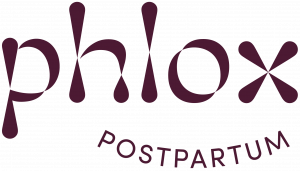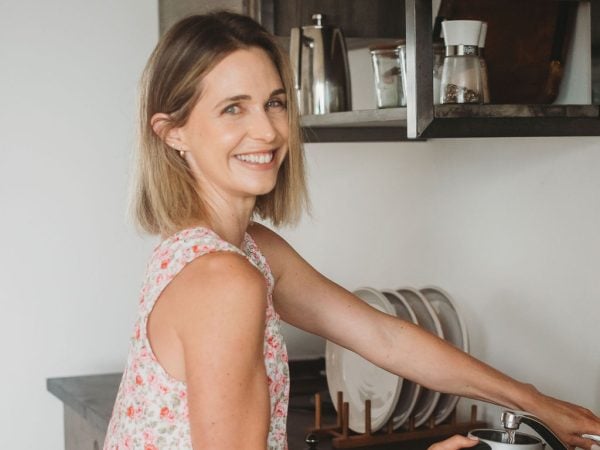The Pillars of Postpartum Care
What many women don’t know is that the three months after your baby is born are just as important as the earlier three trimesters. You need at least as much, if not more attention and care as you did when your baby was in the womb. And when we respect our real and unique needs during the fourth trimester, we set ourselves up for a return to radiant health
– Kimberley Ann Johnson
There is a belief in Ayurveda (the science of life) that the first 42 days after birth, will impact the next 42 years of your life. This time truly is a time to be soft, gentle, inward and supported. There is evidence to suggest that Mothers who protect this space and allow themselves to heal and rest are at a lower risk for postpartum depression and anxiety. In Australia this time frame is marked by the 6 week check up. We know that women have very specific needs in this time, emotionally, mentally and physiologically, however we rarely provide the tools to support this
great transformation.
If you’re wondering about the “Pillars of postpartum care” and how you can set these up for yourself, keep reading.
Extended Rest
Physically there is a lot happening in the first six to eight weeks. This is the time when Mothers uterus is contracting after the baby is born, which is one of the fastest physical changes a human experiences. 9 months to grow and around 6 weeks to return to size.
The bleeding that occurs as the uterus returns to size is also due to the dinner plate size wound that is healing inside the uterus.
Typically, Mothers lose about 1/10th of their blood as this wound heals. This is a time for deep and prolonged rest so you can maximise healing and reduce risk of infection or haemorrhage.
Layer in the hormones, emotional exhaustion and vulnerability that Mothers are experiencing, and it really highlights how very important rest is. Take it seriously, take the time to rest and you’ll be able to experience more joy in the later months.
When we think about rest in Motherhood, it is important not to think rest equals sleep. Sleep is an element of new Motherhood that we don’t have a lot of control over. Sleep when the baby sleeps is a saying that is frustrating to hear for many new Mums. But, rest, rest, rest – this is something we can do!
The key is to outsource as many of the domestic duties as possible and protect your mental and physical space.
Types of Rest
Physical
Limiting movement or moving slowly and intentionally to restore flow in your body. Physical rest includes spending time laying down, if you are on the couch, get your feet up, that’s when rest is happening. Laying down with legs up the wall for five minutes. Gentle stretching. Restorative yoga (in later months). Massage, acupuncture. Allowing your body to rest, outside of sleep.
Mental and emotional rest
The mental load in new Motherhood, or Motherhood again can be an all consuming experience. Things to do, things to remember, lists to write,people to message, reminders to set and so it goes on. Intentionally stopping the mental note taking is a practice that can be valuable throughout Motherhood. Some find guided meditations helpful, others learn a meditation technique. Journalling is another popular and useful tool to get out your thoughts and feelings and work through them. It can feel like another thing to do, but it is one that is worth the effort and can become a part of your everyday self care.
Sensory and social rest
Noise, screens, conversations, constant ‘on the go’. Without sensory and social rest, you can become depleted very quickly. Be mindful of allowing time in your day for quiet, slow space. Time to watch your baby. Time to connect with your breath and check in on yourself and your needs, honouring the portal that you are in the midst of.
Some things to consider before babe arrives:
- How will I create space to rest?
- If I can’t sleep, what can do to still rest?
- What books, TV, Movies will I have on hand so I can lay down on the couch as much as possible?
- What can I do to create a beautiful cosy space I want to rest in all day?
Warmth
Warmth required during postpartum, is both physical and emotional. To support rest and healing, warmth in a physical sense – socks on, heat packs for Mothers neck, shoulders and uterus, warm foot soaks, lots of blankets!
On an emotional level, this is creating a soothing environment. Allowing the space to be soothing and nurturing, think candles, soft lighting, cosy created spaces for Mum and baby, a postpartum nest, a space you feel supported by, indulgent in. Creating a warm space (physical and emotional) is a great oxytocin boosting tool which will support Mothers in breastfeeding, recovery and the emotional rollercoaster of new Motherhood.
Think: socks, warm drinks, warming foods, long hugs, best friends, cosy nooks, sunshine
Support
Having a well rounded support network will have a positive impact on your wellbeing and will allow you the space to transition into Mother or Mother again. Fortunately, we don’t have to rely solely on family and friends, support networks come in all forms, and can include hired help.
Consider selecting two support options from the below categories and sticking your support list to the fridge to remember whats available to you.
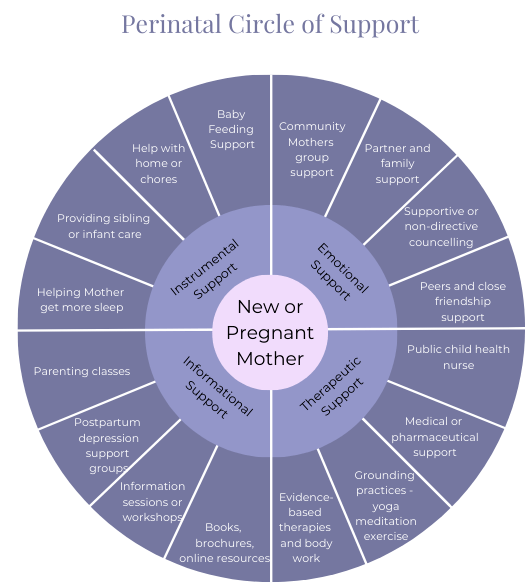
Nourishment
The transition to motherhood requires us to honour the deep healing that needs to occur when a mother births a baby. To fully recover, nourishment from food, fluids and bodywork will enable your body the deep restoration it needs.
Nourishment is both nutrient dense foods and bodywork that will support your physical recovery as well as your emotional journey.
After birth, the last thing you want to be doing is cooking and thinking about what to eat. Your digestive system is sluggish. It could take up to 14 days to get your bowel movements back to regular rhythms. Your organs have been squeezed and moved, and subsequently they will take time to get back to their full potential.
During this time, you can support your digestive system by favouring foods that are soft, cooked, warm (or at least room temperature) easy to digest, sweet, oily and nutrient dense. The quality of your food, additional calories, food that will aid healing (like collagen and iron rich options) and food that has been prepared lovingly by others are ideal to support your breastfeeding journey, your postpartum healing and your physical recovery.
Recipes to consider will be ones that can be easily frozen and reheated, snacks that can be eaten one handed as an easy grab and sit option with a cup of herbal tea.
Consider making double meals each time you cook, in the weeks leading up to birth, that way you’re filling your freezer as you go and will have plenty of meals ready to enjoy postpartum.
Physical Touch/Body work
A lot of Mothers tell me they feel touched out both physically and mentally as they transition through the postpartum portal.
Bodywork, and physical touch can help support this feeling, as well as supporting your physical recovery in postpartum.
All Bodywork (excluding deep tissue massage) is suitable to assist you in moving excess fluid, supporting your muscles as you adjust to feeding and carrying a baby, supporting your posture and allowing deep rest.
Physical touch is also a warming experience. Receiving touch from another person can help you drop into your body, and allows your Nervous System to regulate, giving you a sense of being safe and loved.
Abhyanga Oil Massage by a professional or yourself!
Foot soak and foot rub from a close friend
Shoulder and neck massage by your partner
Shower followed by self massage
Osteopathy
Postpartum Massage
Hello, I’m Ashley – postpartum doula at Phlox Postpartum
I’m a Mum of two, passionately supporting Women in their transition to Motherhood or Motherhood again. I believe that postpartum and Motherhood can be joyful experiences, and that we need support and education to soften the landing and harness the joy.
For the Mothers and Mothers to be who might be curious about Postpartum support, you can find me online at Phlox Postpartum (www.phloxpostpartum.com) or on Instagram @Phlox.Postpartum
Postpartum is forever. It’s never too late to enlist help
You may also be interested in...
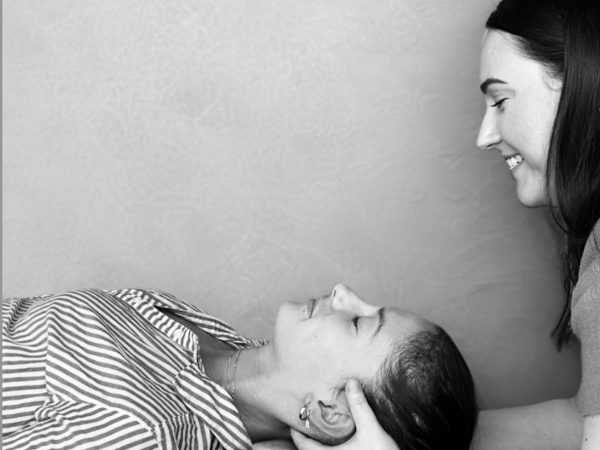
Alana Colahan Chiropractic
Hi, I’m Alana Colahan – an integrative chiropractor passionate about supporting women, babies and families through every stage of life. My approach to care is holistic and family-focused, blending gentle chiropractic techniques with a deep understanding of the unique needs of mums and little ones.
I have completed further postgraduate studies in women’s health, pregnancy, postpartum and paediatrics, which gives me additional knowledge and training to care for mothers and children. My focus is on providing thoughtful, individualised care with an integrative approach, including lifestyle, diet and exercise guidance, tailored to the needs of mums and little ones to help you and your family feel supported and thrive.
I support women and families with many different concerns, including:
- Newborns: gentle checks post birth, unsettled behaviour, feeding difficulties, torticollis, tongue tie, hip dysplasia, head asymmetry, nervous system regulation after birth
- Infants & Children: support for developmental milestones, primitive reflex integration, nervous system balance to aid growth, movement and learning
- Pregnancy: birth preparation, optimal maternal positioning, nervous system regulation to support a calm, balanced body
- Pregnancy-Related Discomfort: pelvic girdle or pubic symphysis pain, round ligament tension, low back pain, hip pain, sciatica
- Women’s Health: preconception and fertility care, postpartum recovery, hormone balance, perimenopause and menopause support
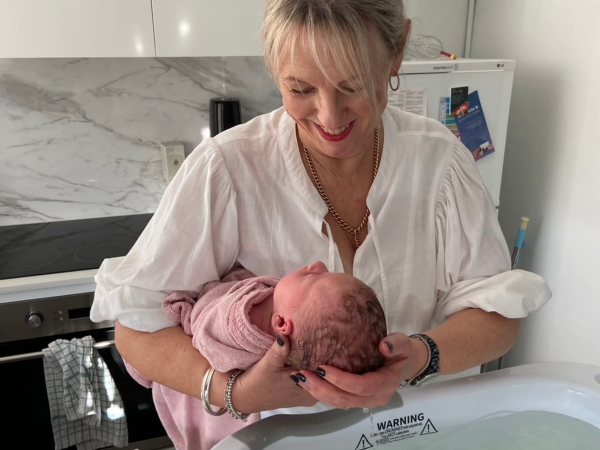
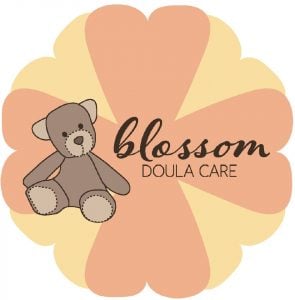
Blossom Doula Care
Hi my name is Janine. I’ve been so lucky to work with many mums, dads, babies and their families over the past 30 years as a registered nurse specialising in obstetrics and as a trained mentor, birth and postpartum doula, educator and mum of 3. I’m truly passionate about supporting families as they grow and transition into their wonderful fourth trimester and settle into life as parents and as a new family. It’s a joy to see parents grow in confidence and enjoy this precious time surrounded by love, nourishment, nurturing care, practical help, and a kind guiding hand to support them. Caring for the new and healing mum is so important as she is able to rest and get to know her little one.
It’s a privilege to be part of this wonderful journey with them all.


Maternal and Infant Wellbeing Melbourne
Welcome to Maternal and Infant Wellbeing Melbourne. This boutique Women’s health and Perinatal experience founded by Dr. Amber Hart, aims to nurture women and babies through providing consistent, evidence-based, exceptional quality care. At MIWM we provide general and specialist women’s and children’s medical consultations, classes, allied therapies and complementary services to ensure that women and families receive exceptional care in a safe and nurturing environment.
“We are leading the way in healthcare innovation with our first of it’s kind Day Stay Experience”.
This 7 hour stay is designed to give mother’s the confidence to feed and settle their babies in a way that meets their own unique parenting goals. We support mental health and postpartum wellbeing by providing a mother’s helper for the day and every mum has a luxurious day spa treatment included in their package. Babies are treated to a divine sensory class and mum’s get to choose from a sleep and settling consult, and osteo consult or a baby carrying consult and they will have all feeds supervised by Breastfeeding Medicine and Infant sleep expert, Dr. Amber Hart.
We also offer Australia’s only GTT experience.
During pregnancy, it is recommended that women undergo screening for Gestational Diabetes. Historically, this test has been dreaded by mum, but we’ve now made it something to look forward to.
Mums arrive fasted and have their blood tests taken by one of our experienced staff members. They are then treated to an hour of rest in our divine relaxation room and an hour day spa treatment. This service is seeing an increased uptake in screening and also promoting antenatal and postnatal wellbeing by linking women in with exceptional quality pregnancy and post-natal services. As such, we are focusing on prevention rather than cure.”
Learn about the support you didn't know you needed.
We have cherry picked the most useful resources for your fourth trimester so that you don't have to waste precious hours searching.
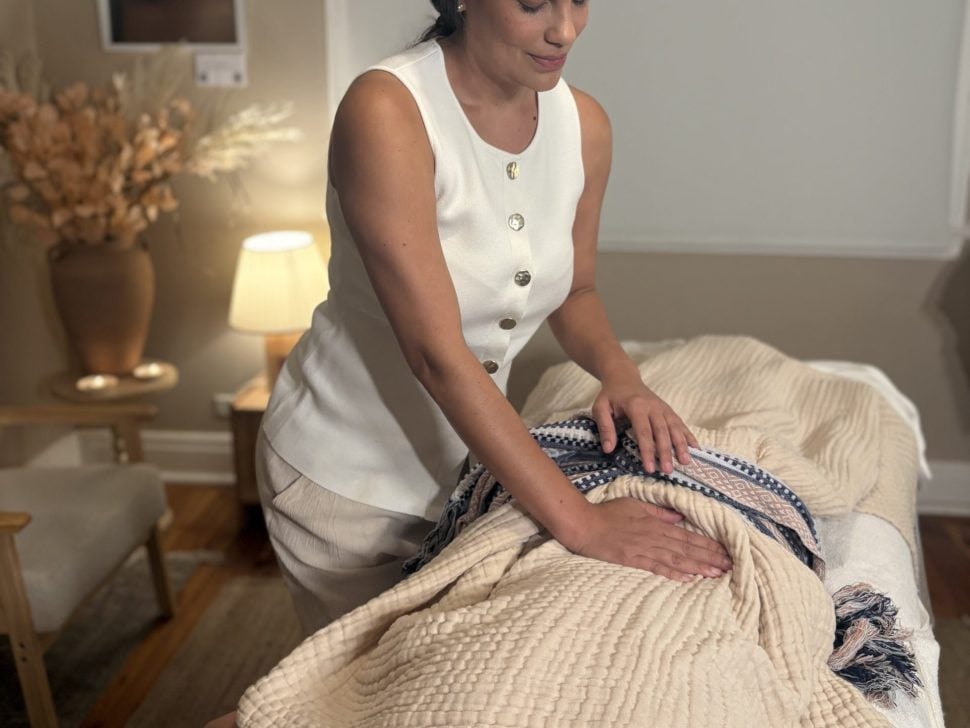
Article - Shaily Nadav (Kavanah Care)
A Sacred Space for Postpartum Recovery
In our ongoing series spotlighting the incredible services in our Not Another Onesie village, we spoke with the heart and hands behind Kavanah Care, a wellness sanctuary offering postpartum support and bodywork that feels like a warm exhale for mothers in their most tender chapter.
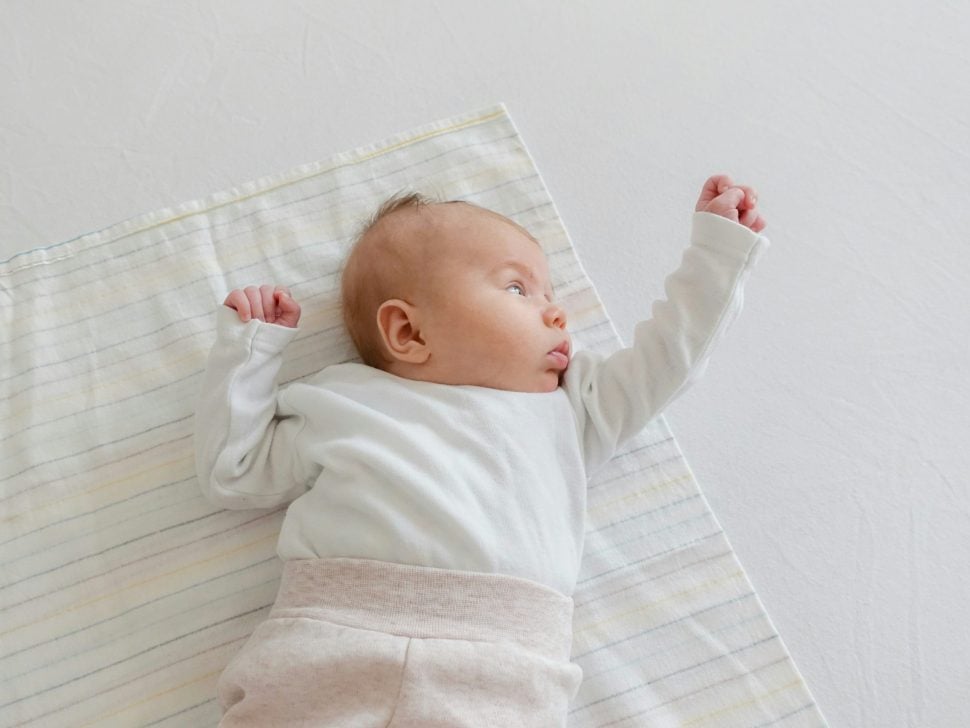
Article - Lucy Bartlett (Nomad Chiropractic)
Why Would a Baby Need to See a Chiropractor?
Gentle care, big impact — what infant chiropractic is really about When people hear the words “chiropractor” and “baby” in the same sentence, it can raise eyebrows — and fair enough. At Nomad Chiropractic, we don’t “crack” newborns or treat them like tiny adults. In fact, our work with babies is one of the gentlest and most intuitive things we do.
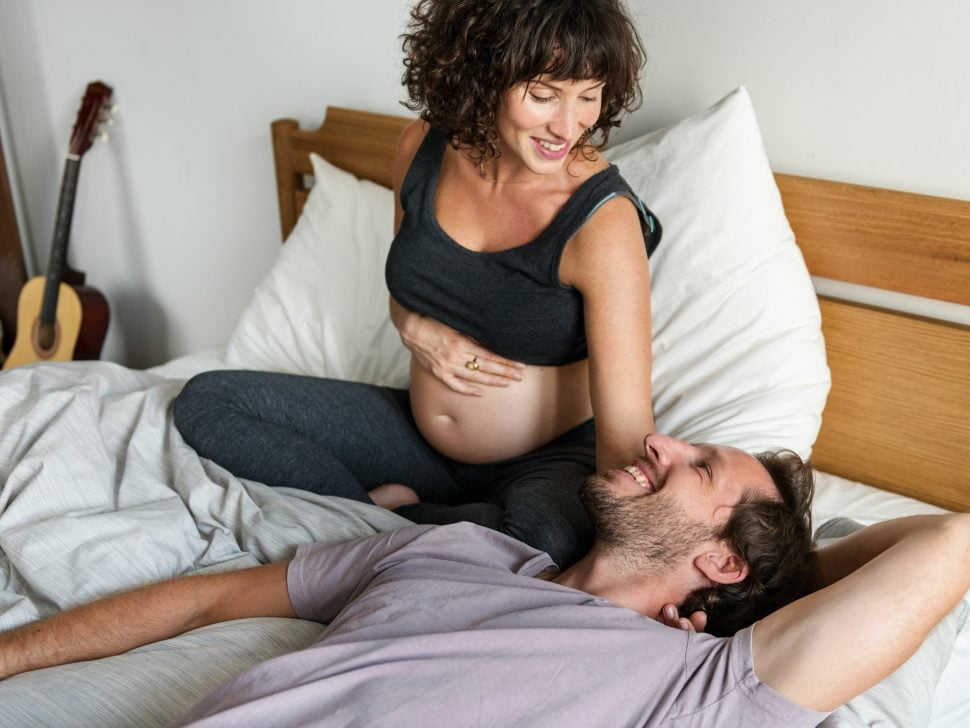
Article - Ana Ristov (Lively Lifestyle Psychology)
Conversations to Have With Your Partner Before Baby Arrives
Most people plan for birth with a detailed birth plan, but what about a postpartum care plan? Talking openly before your baby is born about expectations, responsibilities, and emotional support can make the adjustment smoother. From who’s doing the night feeds to how you’ll support each other through exhaustion, these conversations are essential for protecting your partnership, strengthening your mental health, and laying the foundation for a connected family.
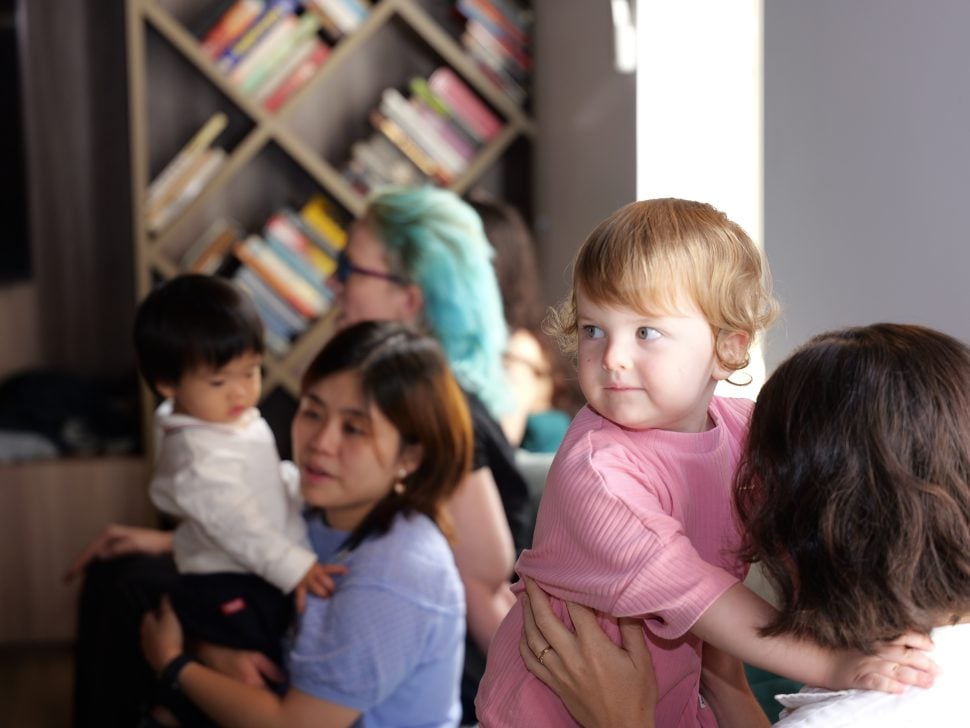
Article - Fiona Maria (Sing High Sing Low)
The Surprising Power of Singing Together: A Mums Group with a Difference
I started Sing High Sing Low to create spaces where women of all life stages could connect, unwind, and experience the joy of shared song. The work I do is inspired by the beautiful model developed by Singing Mamas in the UK, which has been recognised by the World Health Organization for its positive impact on perinatal mental health and maternal wellbeing.
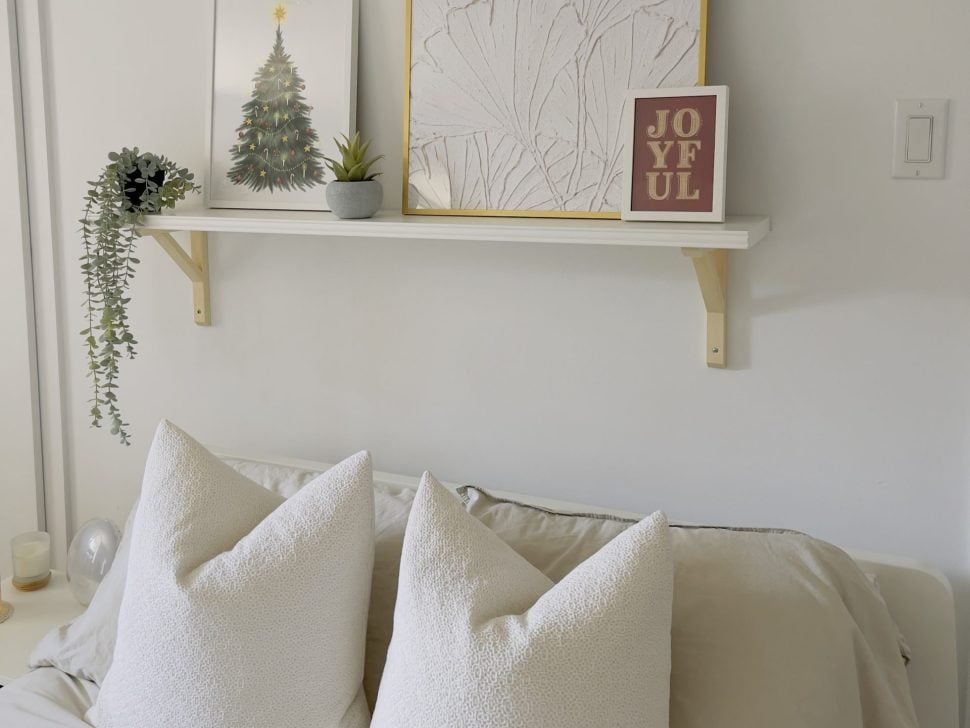
Article - Louise Barton + Elisha Wildblood (Not Another Onesie)
End-of-Year Reflection Guide for Mums (Free Journal Prompts + Playlist)
The end of the year can feel like a whirlwind, especially for pregnant and postpartum mothers. While the world speeds up with celebrations, to-do lists, family dynamics, and pressure to “make it magical,” many mums quietly feel stretched thin, overwhelmed, or emotionally pulled in a dozen directions. If this resonates, you’re not alone. This gentle guide is here to help you slow down, take a breath, and soften into a kinder ending. A moment to honour the year you lived, the glimmers that kept you going, and the version of you that is emerging.

